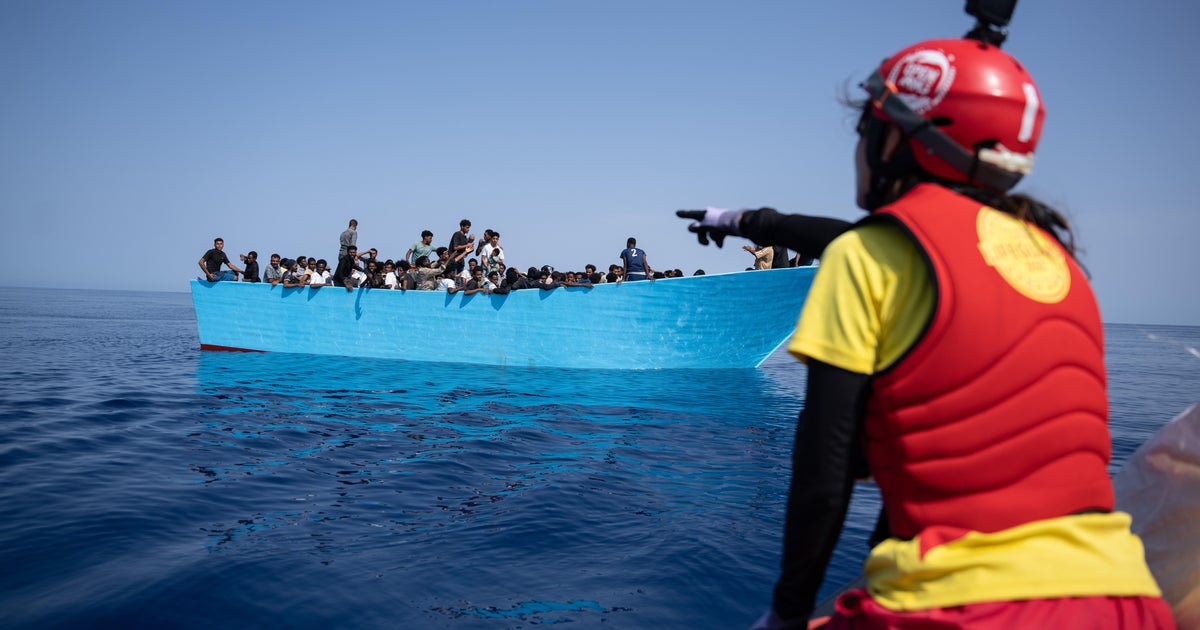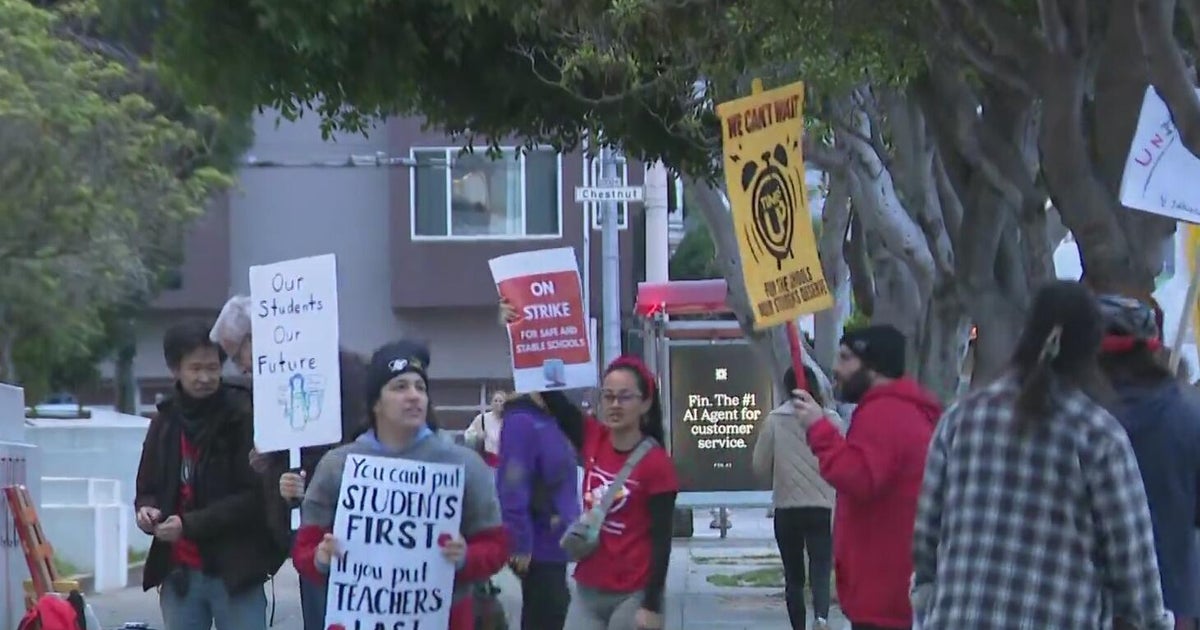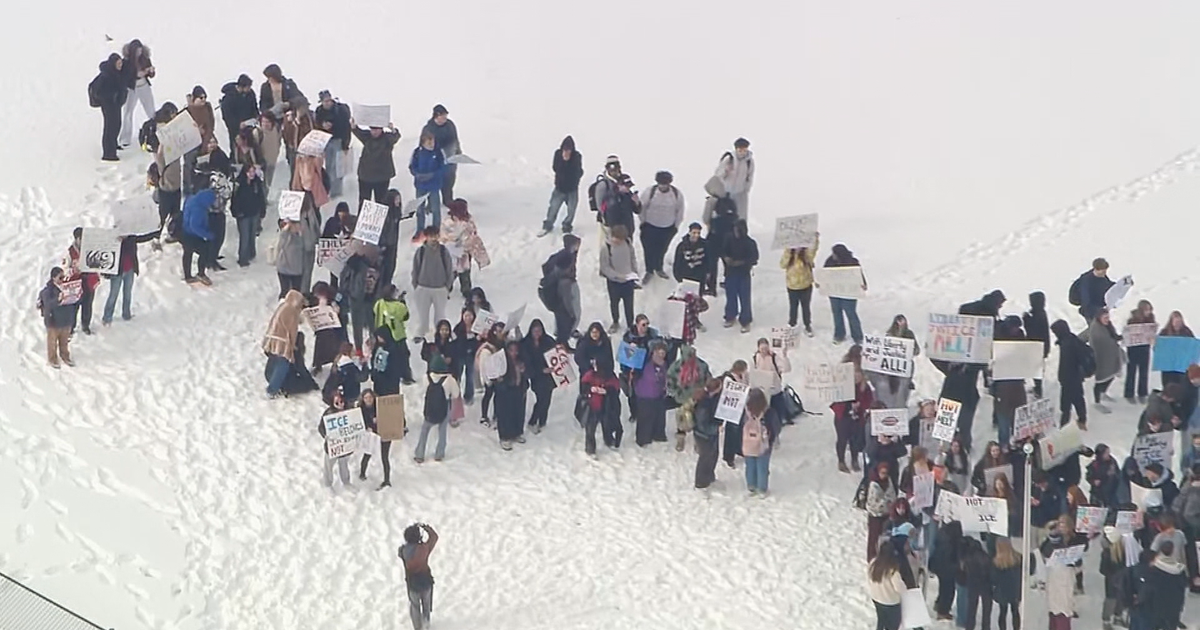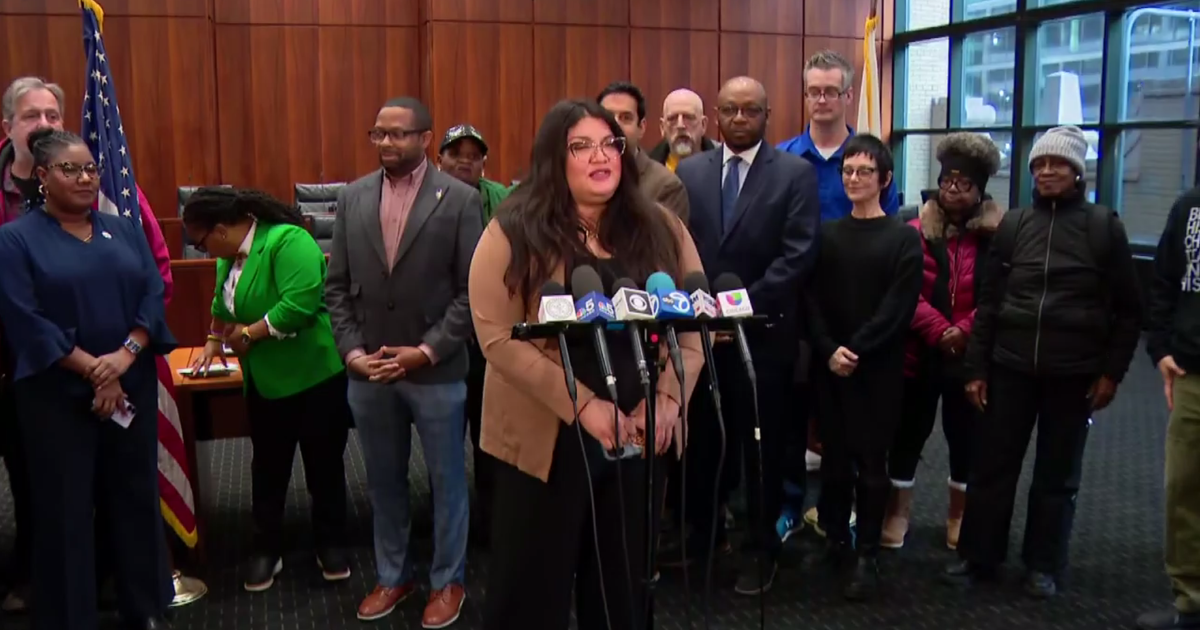Leadership
Make no mistake, the US is "damned if we and damned if we don't" do anything on the world stage. This current Libyan crisis has stirred up my memories of the last one, when I was studying in England and the U.S. launched an air raid on Libya. That was in 1986, and in response to a terrorist bombing in Germany. Even though the action was taken with European and Arab support, I clearly remember facing a wall of anger when I went to class the next day. I had to deflect criticism from my international classmates - even my teacher. The military action was seen as U.S. aggression, plain and simple. America poking its nose in where it didn't belong. So, when President Obama waited to get an international coalition organized through the U.N. for a no-fly zone in Libya this past week, I understood some of what was behind his hesitation.
And yet, when I saw the pleas for help from civilians who saw their friends and relations killed, a little voice in the back of my head asked "maybe the U.S. should take the lead, now that this is turning into a human rights tragedy". It was an interesting reaction, one that surprised even me. I usually don't respond to complex crises emotionally. Apparently, I'm human. And American.
That doesn't mean I've always supported American ideology. I've never believed that any nation can "impose" democracy on another, and I don't believe that nation-building is a U.S. right. However, defending human rights transcends the political...right? On the face of it, yes, but in reality, no. Bottom line, any intervention in a foreign country crosses political boundaries and therefore brings consequences that can obliterate original good intentions.
There are so many reasons the U.S. should be cautious about how it handles this particular crisis in Libya. The controversy right now is of course that getting involved in this conflict could be the start of a new and protracted war (and allegations that it's not a legal one for the U.S., i.e. not approved by Congress). There's also a precedent set. With potentially more Arab rebellions and maybe even revolutions, would the U.S. be willing and able to abide by that precedent and intervene in other countries as well? Iran comes to mind. And even though this may have started as a humanitarian crisis, it appears to be devolving into a civil war. This is not a situation in which the Administration wants to be.
On the international front, as a recent TIME Magazine article put it, President Obama has "emphasized the limits of American power more than its reach". However, the hesitation and careful nature of, as TIME Magazine called it "leading from the back" will have its consequences too. While it's gratifying to see countries like France be step up and take action (they wouldn't even allow U.S. planes to fly over their air space in 1986), there's a price the U.S. will play on the global stage. America will not be perceived as a "leader" anymore and by extension, the U.S. sphere of influence will be diminished. It will be interesting to see if this country can stand that.
Interestingly, this is a simple principle I learned playing high school sports. Once voted captain of a lacrosse team, I remember hesitating to step in the center and lead the warm-up. I joined the others in the circle instead. It seemed like a team-building approach. However, the other players weren't quite comfortable looking to their side for direction and when the exercises started to fall apart, another girl literally stepped into the center of the ring to take over. I started to lose control of my own team, in a split second. Never again, I vowed. I led from the center, standing alone, after that.
What's happening in Libya is a turning point not just in the Arab world. This is the first test of a new U.S. foreign policy approach. Despite the political controversy over whether the U.S. action in Libya is an act of war, a recent survey showed the majority support how the President's handling the crisis. I'm curious to see if that support will last. The only thing we can count on not changing is the constant current of international criticism continuing, whatever direction the U.S. chooses to go.







